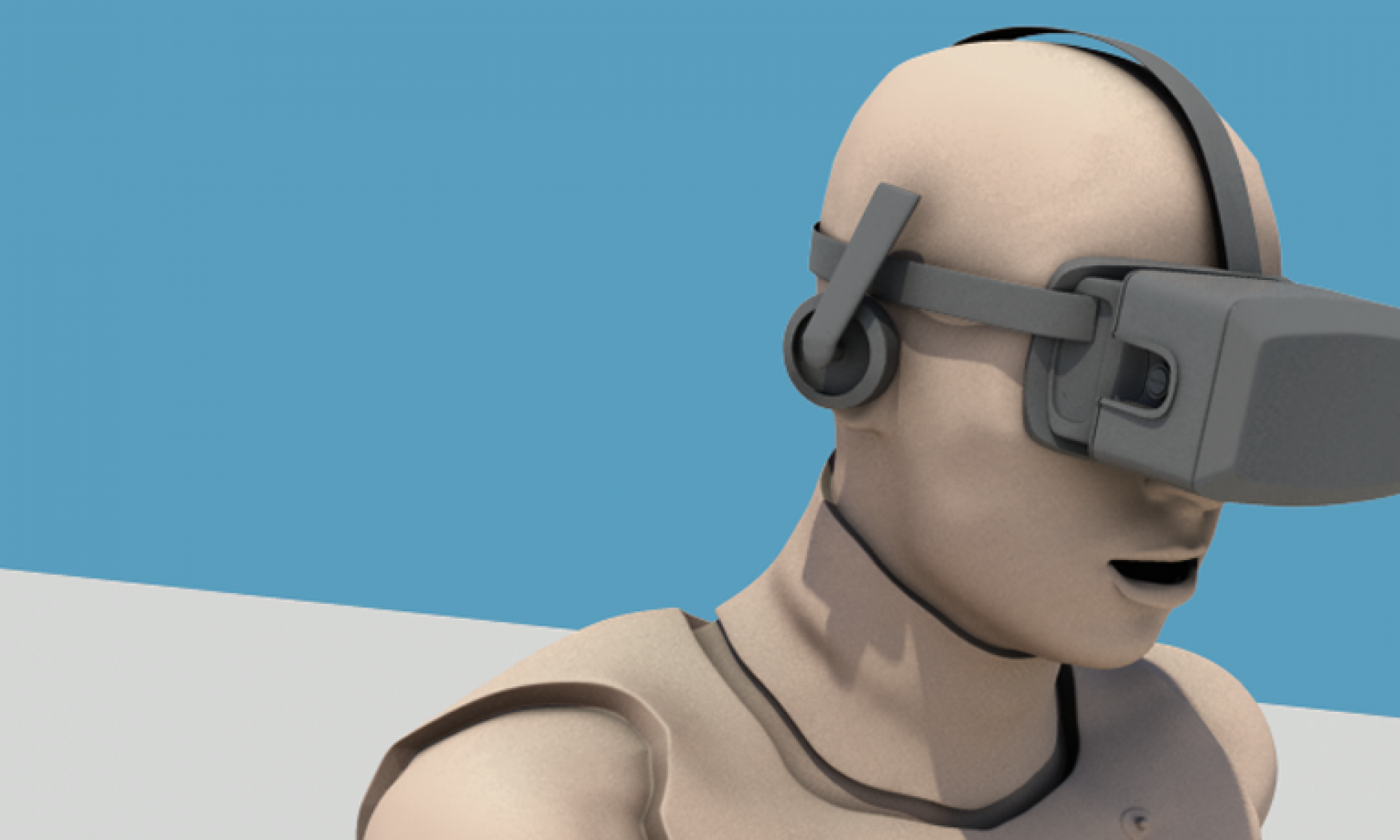Executive Summary
Planning for the wellness-care of India, rather than the illness-care, where 80% of the population is rural, is indeed a himalayan task for the Government of India. As healthcare is becoming more and more instrumentation and devices based, providing essential biomedical equipments to chosen centres, reaching remote corners of India, is challenging because of our limited resources. Biomedical Engineering (BME) education system is the backbone of healthcare innovation in India. Unfortunately, BME education system is hitherto ignored, and needs special attention urgently.
Although the BME educational system in India is developing for the past 50 years, development of it has not accelerated enough compared to other programs in India.
As a first step in addressing major challenges of BME education in India, a new separate paper for Biomedical Engineering in GATE has been introduced from 2020. This is expected to unify UG syllabus of BME among several universities, and to help stimulate the growth of BME research, product development, and Innovation in India.
Unless BME is strengthened carefully at this stage, our precious foreign exchange resources will continue to be wasted. Of paramount importance is the need to develop a strong indigenous BME industry and in turn BME education systems which is the spine of the healthcare industry. The troubles and travails of Indian BME educational institutes and industries are discussed in workshops and some remedies suggested in these workshops are enumerated in this whitepaper. The Government may consider giving its full support to this noble endeavour.
India urgently needs dedicated and visionary BME institutes, in a mission-mode, that can breed scientists and engineers with in-depth training in medical and clinical sciences so that they could function as independent investigators on important problems at the interface of engineering, technology, clinical medicine, and science, similar to the Harvard-MIT Division of Health Sciences and Technology (HST), at the same time adapting the rich wellness heritage of India.
India has huge potential and is poised for innovation which has a mindset to be frugal, simple and therefore affordable, and lead the world in affordable wellness technologies.

